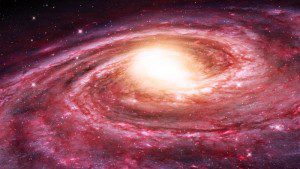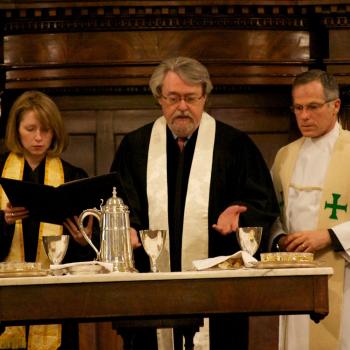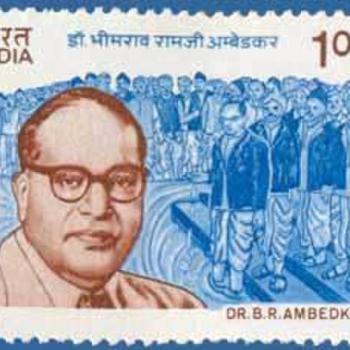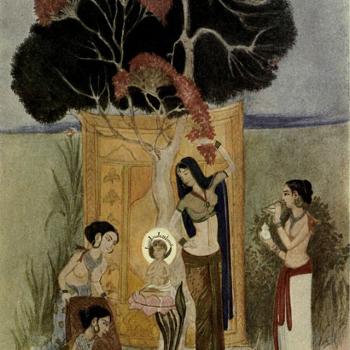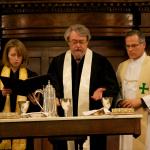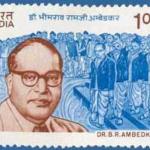It was forty-eight years ago on this day in 1969 that Apollo 11 successfully landed on the moon. The next day Neil Armstrong and then Buzz Aldrin would be the first humans to walk on the surface of a natural body other than the Earth. Seven years later on this same day the unmanned Viking 1 successfully landed on the surface of Mars.
I love these facts. Me. As a child I would look up to the stars and wonder. These events made my heart jump with dreams of the possible. For me, for us, for all of us.
Now growing up I lived a pretty constrained life. My family was chaotic and followed the whims of my father’s dark dreams. With that I never lived anywhere two years running throughout my childhood. I do know it could have been worse. A lot worse. But, as it was it had a lot of consequences. One is that I never had any deep roots in any bit of dirt. No life long friendships forged in childhood. I feel the loss of these things.
Another is that my eduction would be on the spotty side. The lucky thing for me was that my parents both read, and voraciously. My mother mysteries and my father science fiction. While as an adult my pleasure reading has turned to mysteries, it was science fiction that caught my youthful imagination. In many ways, it provided some kind of superstructure to my education.
It inclined me to respect the work of science, and probably had a great deal to do with my cultivating a pretty rationalist and with that broadly humanistic world view from pretty early on. In the beginning I loved the “hard science” writers like Isaac Asimov, James Blish, Poul Anderson, Arthur C Clarke, and Robert Heinlein. I remain ever grateful for this perspective, which I would summarize as having confidence in our human abilities to observe and reflect and then to predict things that actually then occur.
It also inclined me to feel the stars are indeed our destiny.
Whether that is indeed going to be our destiny, who knows? The Fermi paradox is also against us. As developed by the physicists Enrico Fermi and Michael Hart and summarized in Wikipedia the paradox goes like this:
There are billions of stars in the galaxy that are similar to the Sun, many of which are billions of years older than Earth. With high probability, some of these stars will have Earth-like planets, and if the Earth is typical, some might develop intelligent life. Some of these civilizations might develop interstellar travel, a step the Earth is investigating now. Even at the slow pace of currently envisioned interstellar travel, the Milky Way galaxy could be completely traversed in a few million years.
So, where are all the aliens? Despite what one might see on certain cable television programs, lacking any convincing evidence of actual extraterrestrial visitations, Fermi asked the hard question: “Where is everybody?”
There have been a host of speculations about this. Among these is that intelligent life, meaning life forms that can develop technologies in ways similar to what we are up for is actually vastly more uncommon than the math suggests, or that there are indeed intelligent species out there, but they either ignore us or have us under some sort of quarantine.
Or, and this is the view I’ve come to find haunts me at night. Once an intelligent species that has the capability and drive to develop space travel, they destroy themselves.
Now, there are those who challenge the whole thing, as cited in that same Wikipedia article,
“The Fermi paradox has been criticized as being based on an inappropriate use of propositional logic. According to a 1985 paper by Robert Freitas, when recast as a statement in modal logic, the paradox no longer exists, and carries no probative value.” Maybe.
But, I’ve still lost some sleep over the work of Fermi and Hart. In fact I’ve revisited this on several occasions in my preaching life. But, really my anxiety for us as a species rises for some solid reasons that the Fermi Paradox only sets up.
With that I find myself thinking about our evolutionary history. I think about the fact we descend in a straight line from predators as evidenced by our forward looking eyes and our canines. Actually that just hints. I look at the actual aggressiveness of our species and the cruelties we are capable of. I look at what we do, not only to each other, but even to the planet which we depend upon for our very survival. And, well, I find getting to other planets before we kill ourselves off is a horse race, one I’m not able to place a bet on.
On the other hand, more despite the obvious difficulties, I find myself feeling surges hope, of possibility. Some of this comes with the simple fact we have ways through in our hands. Although I am uncomfortably aware some of this is simply part of my biology. We are born to strive.
And, I am a Zen Buddhist. I have that naturalistic and rationalist stance, or approach, but at the same time I’ve found more than solace in Zen and its particular expression of Buddhism. I’ve found pointers where I center my hope. It is hope tempered by the harsh realities anyone can see if they look around, if we look within.
But it is that very ability to look which also contains something amazing. Here, guided first by the core teachings of Buddhism, and then refined through that great synthesis of Chinese Mahayana, and for me brought to greatest clarity through the Tang and Sung reflections that birthed Chan, Zen. I find we are also a creature that can know the deep and the true. Our peculiar minds that can turn as the old Zen teachers side, “the light inward,” comes as a gift not only to us but to the whole of creation.
And this comes natural. The Zen Buddhist teachings are only one possible expression of this innately human ability we have. Maybe the clearest. I think so. But, not the only expression. And so on occasion I find within my natal traditions pointers just as true, and once in a while even clearer.
For instance. In one of his sermons the Christian mystic Meister Eckhart proclaimed “the eye through which I see God is the same eye through which God sees me; my eye and God’s eye are one eye, one seeing, one knowing, one love.” I find the great awakening of Zen is exactly this. Whether we feel it in some personal sense as we find in Western religions and Hinduism, or we find it in the more nontheistic sense of Buddhism (and one could argue Daoism and Confucianism), this perfect identity of our very selves and this beautiful and sad world is the wonder and joy of our existence.
Me, I take that pointer from the magister to also mean we are the hands of God. Flawed. Imperfect. Maybe even suicidal, at least in some larger sense. But, there, with that sense we are in all our imperfections nonetheless the eye and the hand of the divine, I find something.
I’ve spend the greater part of my life on the spiritual quest, the core of it as a Zen Buddhist practitioner. I’ve thrown myself on the pillow, over, and over again. I’ve studied the texts. And I’ve listened to my teachers. And I’ve revisited the pillow. I’ve turned that light around. I’ve watched. I’ve opened my heart and mind. And, I have with my own body and mind seen the connections.
And, here’s the deal. Nothing lasts for ever. Everything made of parts will in time fall apart. However, we don’t have to volunteer to die before our natural time. And, in the background to these truths, we are all of us connected more closely than the blood coursing through our veins.
We can see the connections. We can if we will, do those things that keep our planet alive and healthy, allowing humans and other creatures of this planet to flourish. Maybe, probably, not in the numbers we humans count right now. But, with some work we can make it.
Heck, with that, we might even reach those stars. It rests with those eyes. And these hands. With that the great maybe that rests within our hearts. And the stars shining down above us, beckoning…


